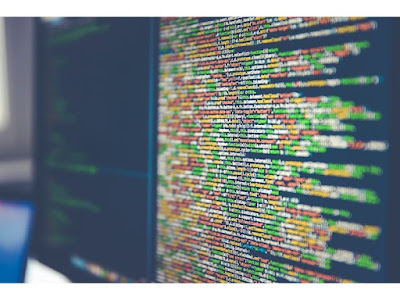By Lilian H. Hill
A lot of uses of algorithms are beneficial; however, there are dangers involved. Decisions about admissions, scholarship awards, and hiring have been turned over to algorithms. Flaws in programming can cost individuals the opportunity to attend their college of choice because their entrance exams were graded based on a faulty metric. Hiring decisions can be negatively influenced if metrics involved are biased against minorities. People’s privacy can be violated if the algorithms designed to share individual’s information are inaccurate.
In an interesting news story, Northeastern University installed heat sensor devices undergraduate students’ desks to track usage (Ongweso, 2022). Given that the students were enrolled in Northeaster’s Cybersecurity and Privacy Institute, it should not be surprising that the students detected the presence of the devices, hacked into them, developed an open-source guide so that other students could hack them. They then removed the devices and displayed them in an art exhibit spelling the word NO! The university had installed the devices at night without informing the students and without Institutional Review Board (IRB) permission. The students found that the devices were not as secure as the university claimed.
Recommendations
The Center for Democracy and Technology recommends the following:
- Human beings need to retain control of decision-making that involves people’s privacy, safety, and opportunities. Context and nuance are difficult to program into algorithms.
- Regulate data governance: Establish policies that determine long information should be kept and under what certain conditions it should be deleted.
- Conduct regular audits to ensure that discriminatory outcomes or other unexpected harm do not occur.
- Communicate regularly with stakeholders to provide feedback and address concerns about the systems that affect their schools.
- Use algorithms for the purposes they were designed for. Adapting them to other purposes has the potential to yield harmful results.
- Foster accountability by developing plans and policies to identify and correct errors in the programming. Have strategies and resources available to make amends when errors have been harmful to people.
- Ensure legal compliance so that the decisions made by algorithms are fair, accurate, and comply with legal standards for education.
References
Center for Democracy and Technology. Algorithmic systems in education: Incorporating equity and fairness when using student data. Retrieved from https://cdt.org/insights/algorithmic-systems-in-education-incorporating-equity-and-fairness-when-using-student-data/
Ongweso, E. (2022, December 2). ‘NO’: Grad students analyze, hack, and remove under-desk surveillance devices designed to track them. https://www.vice.com/en/article/m7gwy3/no-grad-students-analyze-hack-and-remove-under-desk-surveillance-devices-designed-to-track-them














